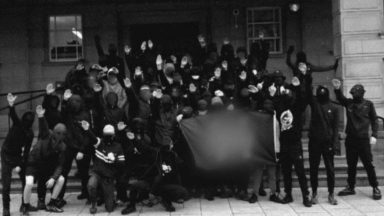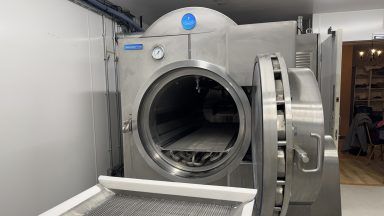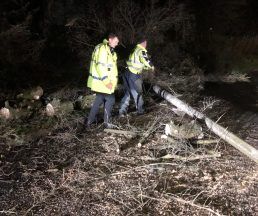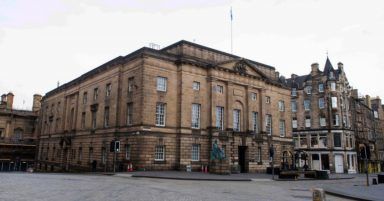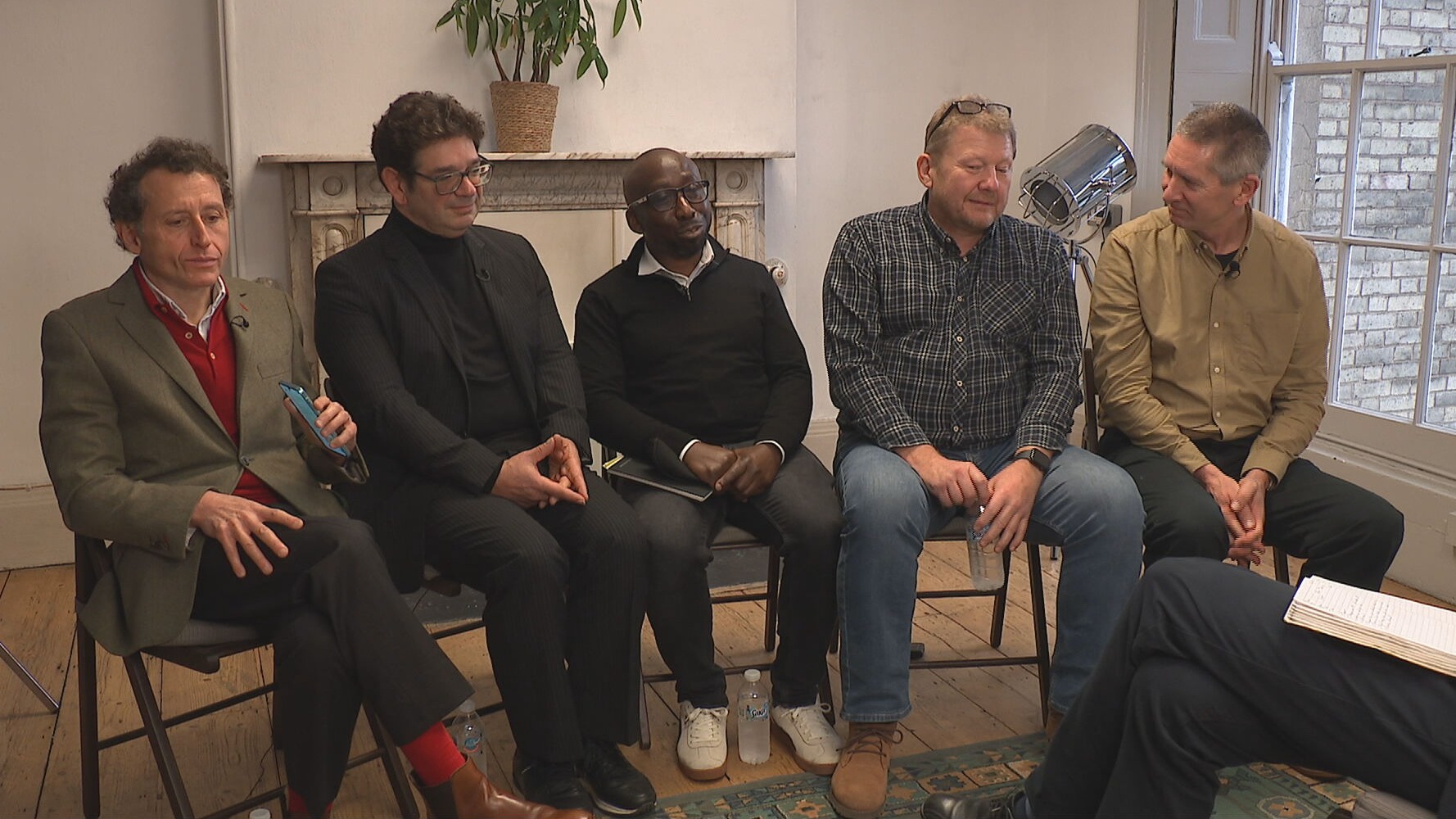A medieval skull expected to fetch £700 when it went under the hammer was removed from auction – after experts warned it was unethical to sell human remains.
The skull, recovered from a Victorian-era excavation near Durham, was pulled from sale at Ramsay Cornish Auctioneers in Leith, Edinburgh.
Antiquarians had raised concerns about the skull, due to be sold on Saturday, claiming the sale of human remains raised ‘ethical and moral’ issues.
Dr Simon Gilmour, director of the Society of Antiquaries of Scotland, said while it’s not illegal to sell human remains, they should be ‘treated with respect’.
He said it was a grey area but that he wanted to work with auction houses to stop the sale of human remains, and close the “loophole” which allowed it.
Dr Gilmour said: “The key thing herd is that selling such an item is legal – that is the core thing.
“There is a blind spot where human remains are concerned. You cannot own a human body or remains so we find it odd that you can sell them.
“It is a grey area and it is one that we want to tackle and close the loophhole.
“For us, it is an ethical issue.
“You are talking about part of a human body, a person, someone’s son or daughter and it should be treated with respect.
Dr Gilmour said archaeologists and those working with human remains were bound by a strict code of ethics with disturbed remains to be reburied following analysis.
He added: “If remains end up being sold, then it is very unlikely that it will be re-buried.”
A skull which belonged to the Edinburgh artist Sir William Mactaggart and which was used as a studio prop fetched £900 at the auction house in December.
A spokeswoman for the auction said a market existed among those with an interest in the macabre, as well as oddities and curiosities.
But she added they would not auction off any more skulls until “a wider debate can be had”.
The British Association for Biological Anthropology and Osteoarchaeology (BABAO), described the sale of human remains as unethical.
They said there have been “numerous cases” in recent years where human remains have been bought and sold for financial gain.
A statement said: “It is ethically objectionable to commodify the remains of people as objects, and the concept of ‘ownership’ of most human remains is not recognised in law.”
It said there was a wider concern that trade encouraged looting of both archaeological and contemporary burial sites.
A spokeswoman for Ramsay Cornish Auctioneers said the item was removed soon after contact was made by Dr Gilmour.
She added: “The skull came from a dig, a burial site, and that is why we wanted to remove it.
“A skull which comes from a medical provenance might be viewed differently. It is very delicate territory but I am comfortable with the decision.
“There is a lot of censoring of objects and there are debates to be had, with each side listened to.
“Some might question whether it is legitimate to excavate a burial site. The reality is these are very important issues.
“Our leaning would be not to include any more skulls until a wider debate has been had.”
Follow STV News on WhatsApp
Scan the QR code on your mobile device for all the latest news from around the country


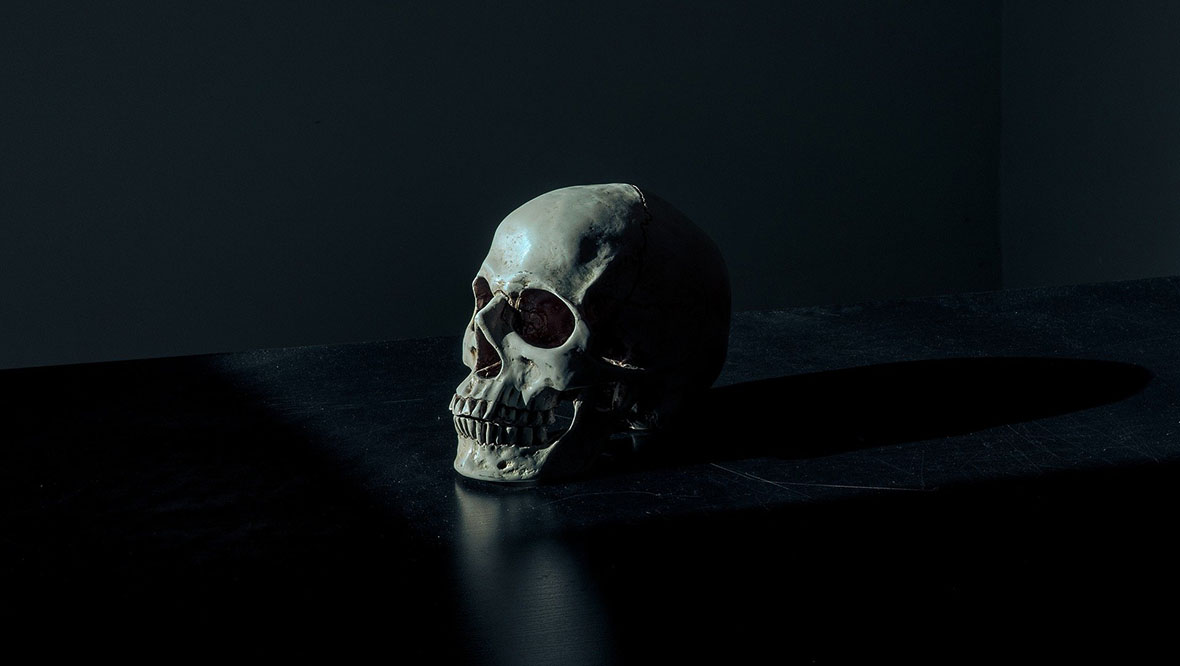 Pixabay
Pixabay





